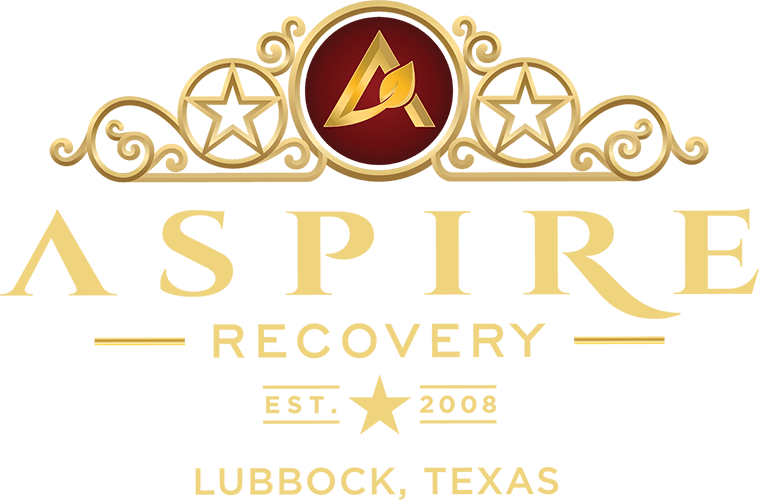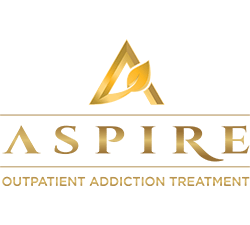Co-Occurring Trauma
Trauma and Addiction
Substance Use Disorders and trauma often goes hand-in-hand. Individuals often "medicate" trauma induced symptoms like anxiety, insomnia, guilt, shame, fear, irritability, etc. with alcohol and drugs. Past traumatic events can be a roadblock for many individuals wishing to enter recovery from a substance use disorder. Many times the symptoms of trauma can result in clients being unable to grow in recovery.
This is because of the way that trauma can alter the brain. Trauma affects many areas of the brain but overall changes the way the brain handles and processes emotional and environmental stress. This can result in mental disorders such as PTSD (post-traumatic stress disorder) and can manifest in the form of trauma reactions. These trauma reactions are when the brain begins a fight or flight reaction in response to an emotional or environmental stressor.
In hopes of avoiding trauma reactions or simply to escape the associated symptoms of trauma, individuals turn to drugs and alcohol. This in turn can escalate into a substance use disorder.
Treating Co-Occurring Trauma
Treating Substance Use Disorders and trauma simultaneously is vital to successful recovery. At Aspire we utilize therapeutic approaches like EMDR and Cognitive Behavioral therapy to address trauma in a holistic and responsible way and avoid re-traumatizing and eliminate trauma-related symptoms.
What is EMDR?
EMDR is a groundbreaking approach to treating co-occurring trauma. It stands for Eye movement desensitization and reprocessing. It is a form of psychotherapy in which individuals are asked to recall trauma-stress inducing imagery while receiving bilateral sensory stimulation. In short, it allows individuals to begin to heal from traumatic experiences through making sense of them in a controlled, therapeutic environment. Aspire of Texas has several counselors licensed to perform EMDR, and the results have been nothing short of incredible.



